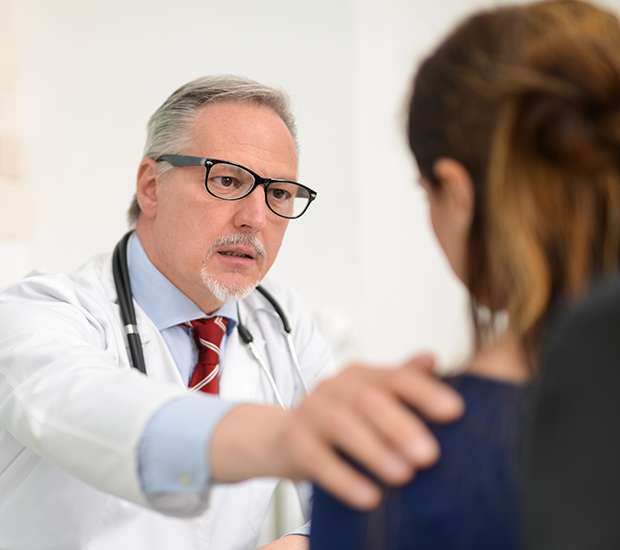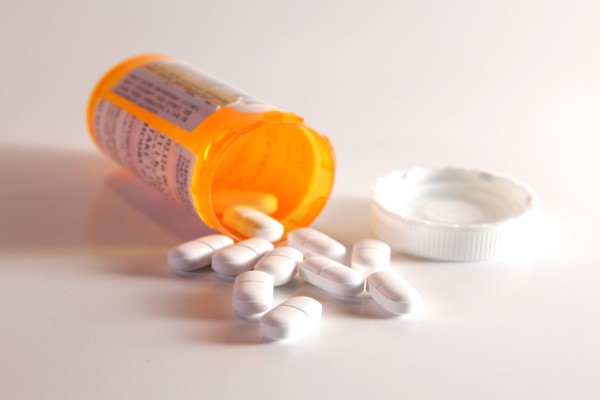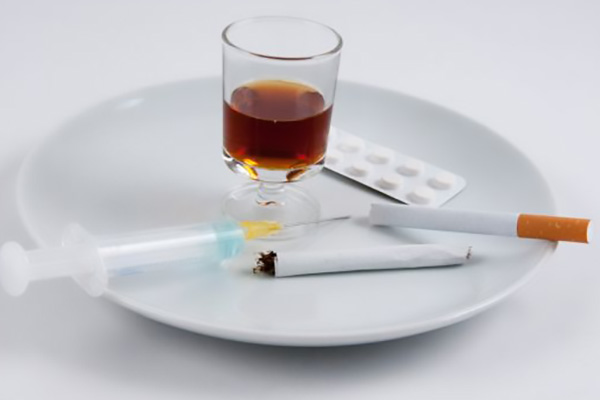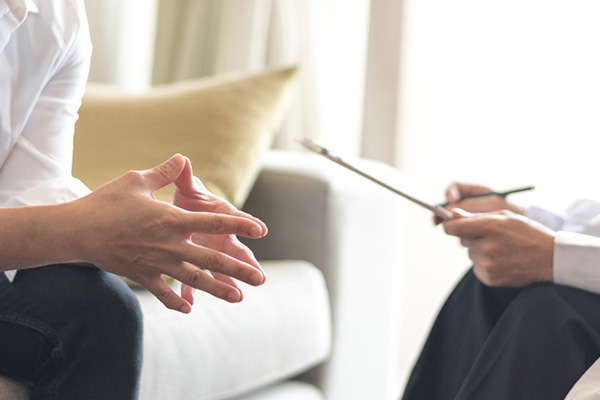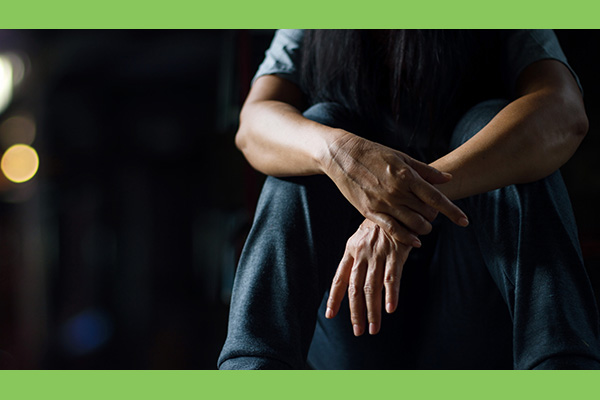Relapse PreventionNew York, NY
At Joel Nathan, MD, we understand the critical nature of relapse prevention. It is all too easy to relapse after working diligently to stop drug or alcohol use. In fact, according to The National Institute on Drug Abuse (NIDA), a relapse is so common that 40 to 60 percent of addicts will suffer from one. This makes it incredibly important to have a relapse prevention program in place that begins the moment you begin the detoxification process. If you are starting to detox or you are seeking assistance to prevent a relapse, call 212-410-6832 to discuss the options available to you.
Statistics on Drug Use and Relapsing
Drug addiction can start early, and unfortunately, it begins younger and younger, with around 5 percent of high school seniors reporting that they have tried methamphetamines at least once. This is not including alcohol and marijuana use among teens. Drug use can negatively harm not only addicts but also the people around them. One of the most common ways is an addict driving while intoxicated. This is all too common and has resulted in over 10 million Americans driving intoxicated on an annual basis, according to a study conducted by the national survey on drug use and health.
For health, legal, and family reasons, millions of addicts seek recovery and try to break the cycle of addiction on an annual basis. The challenge is that using drugs or alcohol can cause the brain to produce fewer chemicals. This creates a physical need for drugs in order to stay at a consistent or normal level or mood. Physical withdrawal symptoms can become prevalent when the drugs are taken away, and this can create a terrible detoxification experience that some addicts cannot handle without medical intervention. This can lead to an immediate relapse. Other addicts are able to get clean but then relapse because their life has remained the same in every way except for the drug use. As a result, it is critical to make changes to all areas of life as part of a relapse prevention program. This can include changes to:
- Employment
- Schooling
- Friendships
- Diet
- Exercise routines
- Social circles
- Sleep habits
- Entertainment options
- Housing
- And more
Behavioral Therapy Is Part of a New York, NY Relapse Prevention Program
During behavioral therapy appointments, we seek to help patients understand what led them to drug use in the first place. This includes any external factors that influenced the decision-making process. This can include friends and family members and even a job. By identifying what has led addicts to use drugs initially or repeatedly, we can help them identify changes that must be made in their life in order to continue to live clean after their detox process is over. At Joel Nathan, MD, we are also working with patients to help them change how they view drug use in the first place. It is necessary for addicts to begin to see drug use as a problem, as something that is destructive and unhealthy in their life, so they will develop a disdain for it rather than an acceptance. If an addict continues to view drug use as common and acceptable, it will be difficult for them to resist the drug.
New York Relapse Prevention and Changing Your Lifestyle
When it comes to addiction, regardless of the kind, it is not enough to simply remove the object of the addiction from the equation. For example, it is not enough to stop someone from using a drug. We must also address their lifestyle and provide patients with the tools they need to become healthy in general so they can be strong enough to fight off the cravings that will come or the temptation that will exist when exposed to the drug in the future. While of course we would hope that an alcoholic or a drug user would never come in contact with the item of their addiction that is highly unlikely given how common alcohol and drug use is in general society. Therefore, it is necessary for people to change their lifestyle in order to reduce the amount of exposure they have and also to strengthen themselves mentally and emotionally so when confronted with their addiction, a recovering addict can choose to walk away.
One valuable tool is to get physically in shape by exercising, lifting weights, or engaging in a sport. Athletics and exercise can lead to a euphoric high that is natural and healthy, so a drug user can understand that they can feel good and experience excitement in their life without the need to take drugs or drink.
Diet is also a critical component of a relapse prevention program, and one that is often overlooked. Eating too much sugar and processed foods can actually enhance cravings for a drug because of the sudden blood sugar crashes they cause. Someone can go from feeling energized and happy to low and lethargic. These physical symptoms can work to enhance any potential cravings, so it is important for New York patients to eat a healthy diet that provides sustained energy. Lean protein, dairy, complex carbohydrates, and vegetables are all recommended. At Joel Nathan, MD, we can provide additional suggestions for dietary changes during a consultation. To schedule one, call our office at (212) 410-6832.
How Medication Can Combat Withdrawal Symptoms?
Some studies have found that when medication is used in addition to behavioral therapy, the likelihood of relapsing is significantly reduced. Medication is incredibly useful for reducing the symptoms associated with detoxification to the point that many people can continue with their lifestyle. Medications will often make it possible to complete drug therapy as an outpatient rather than needing to be checked into an in-patient facility during the detoxification process. Additionally, certain medications can prevent an addict from experiencing the euphoria of a high if they do take the drug again. It is important to remember, however, that taking medication is only a way to help initially. It cannot be viewed as a solve-all or as a way to completely get over a drug. This is why a comprehensive approach is best for preventing a relapse.
Learn More About Relapse Prevention
Call (212) 410-6832 to speak with a New York, NY professional about relapse prevention. At Joel Nathan, MD, we can discuss tools and treatment programs available to addicts looking to get and stay clean.
